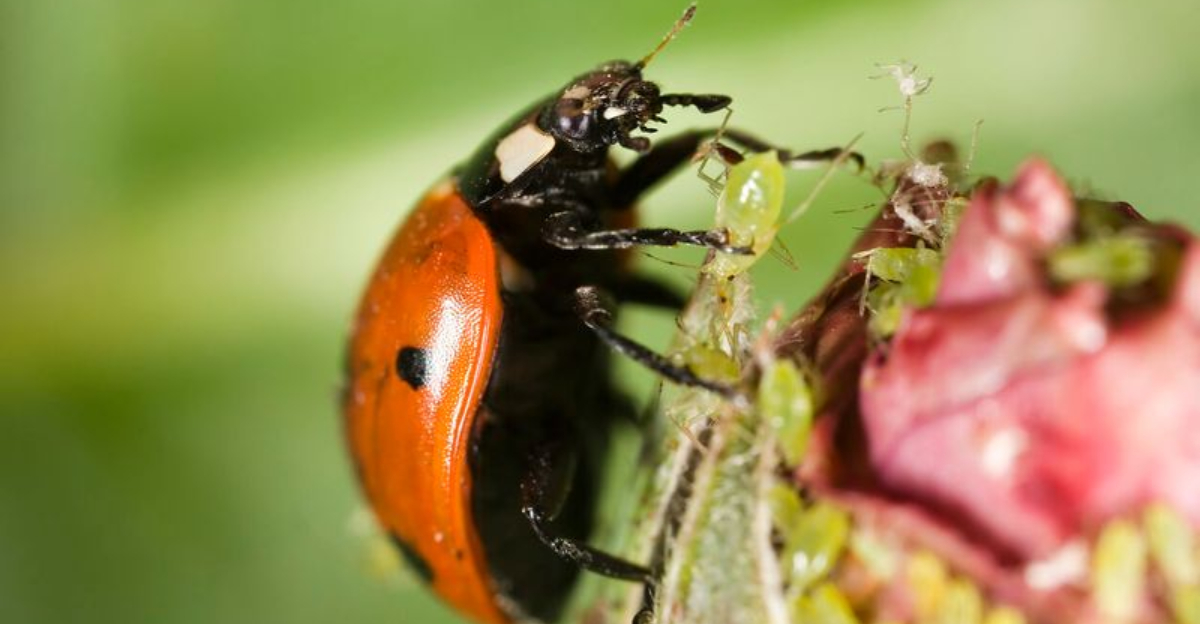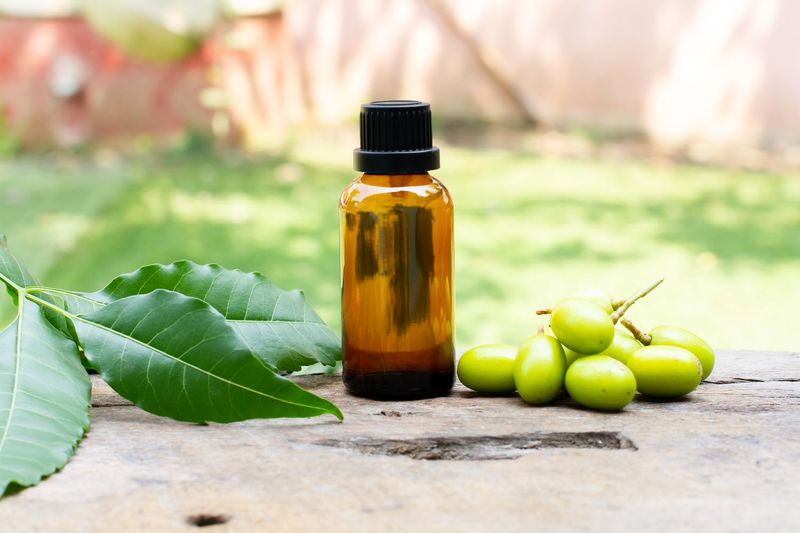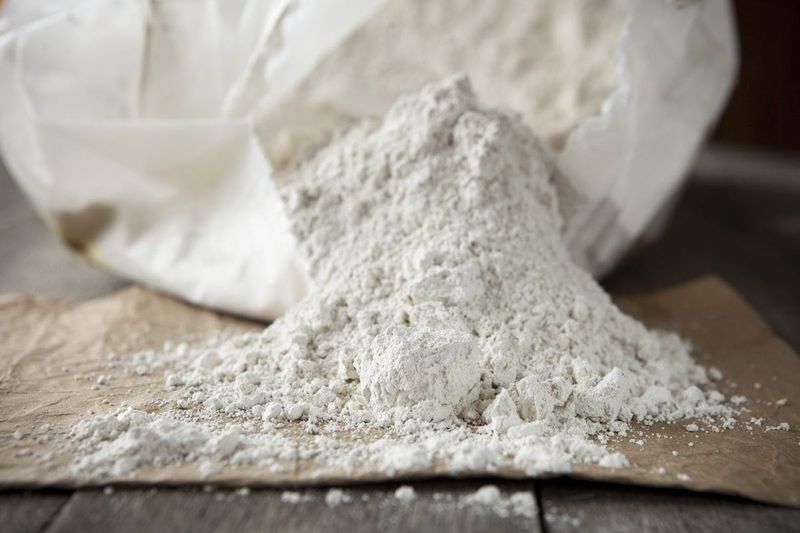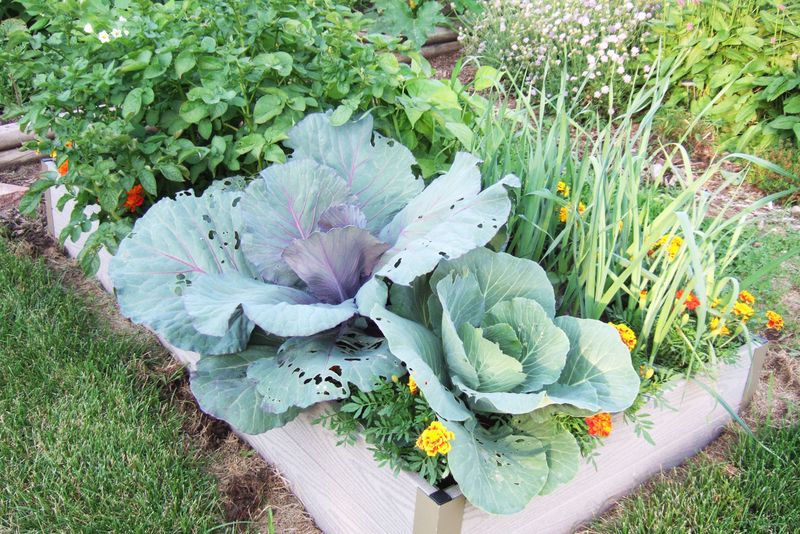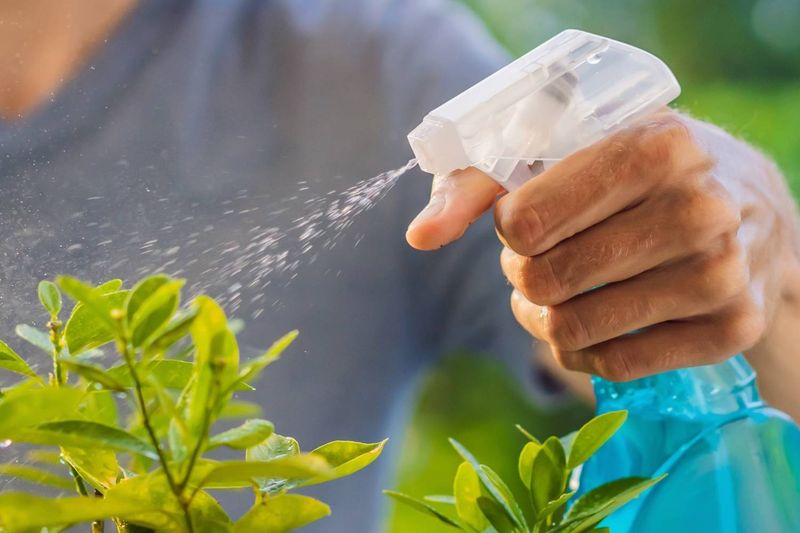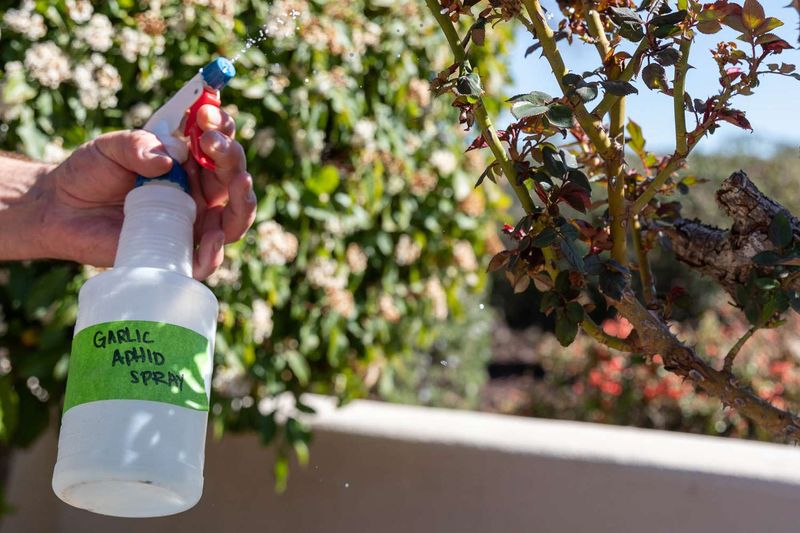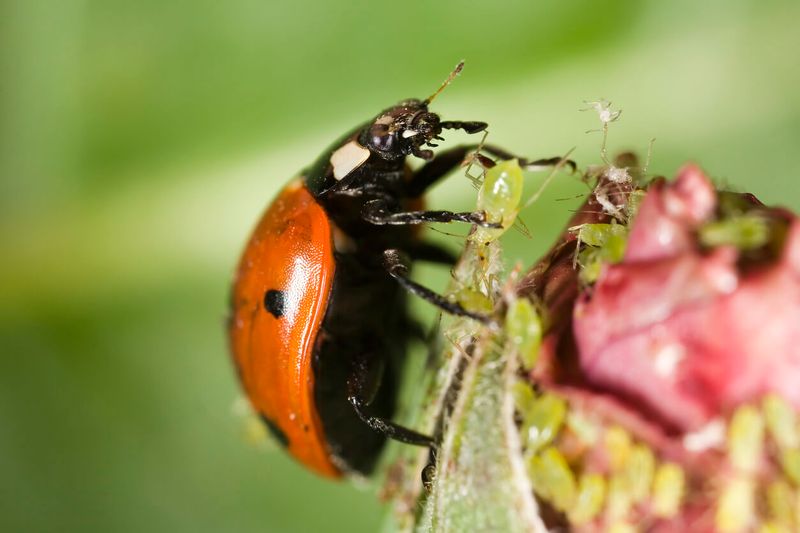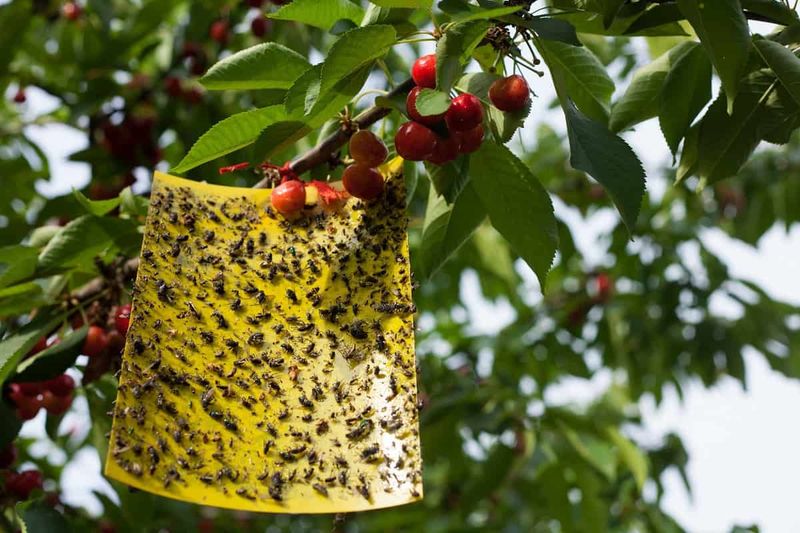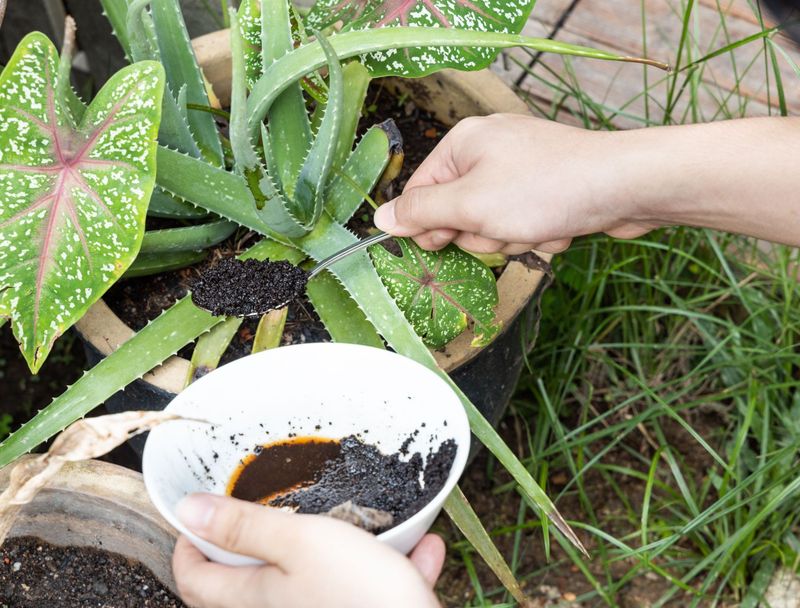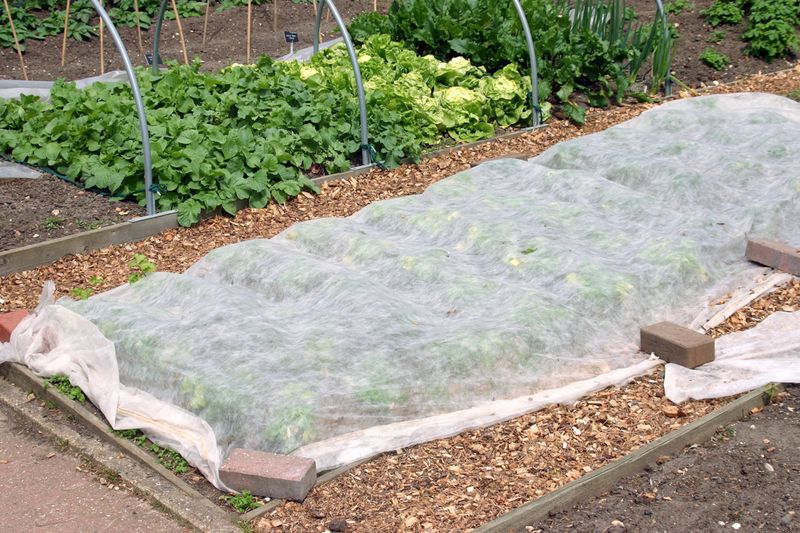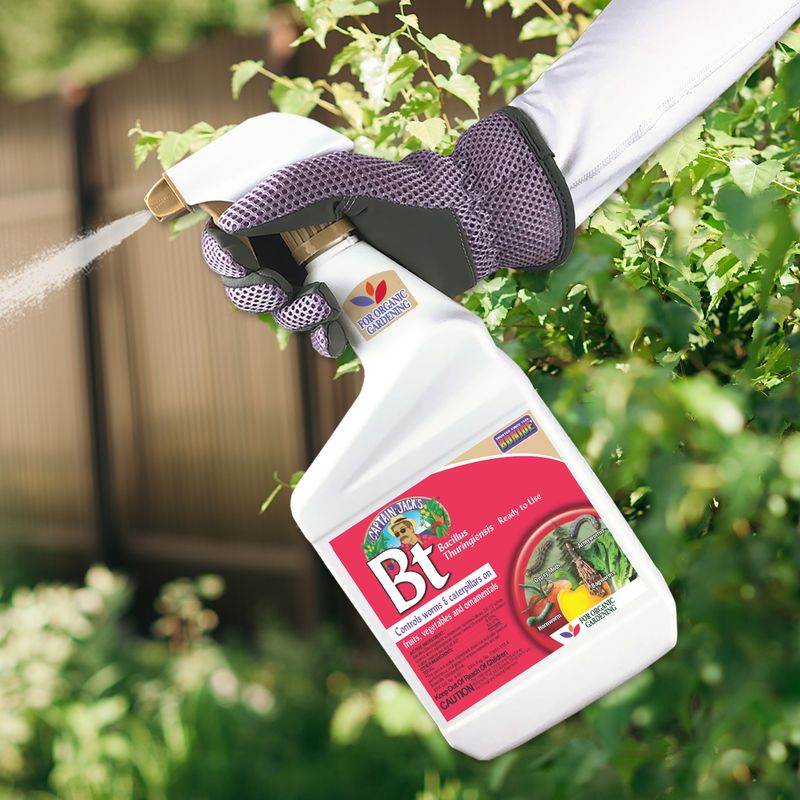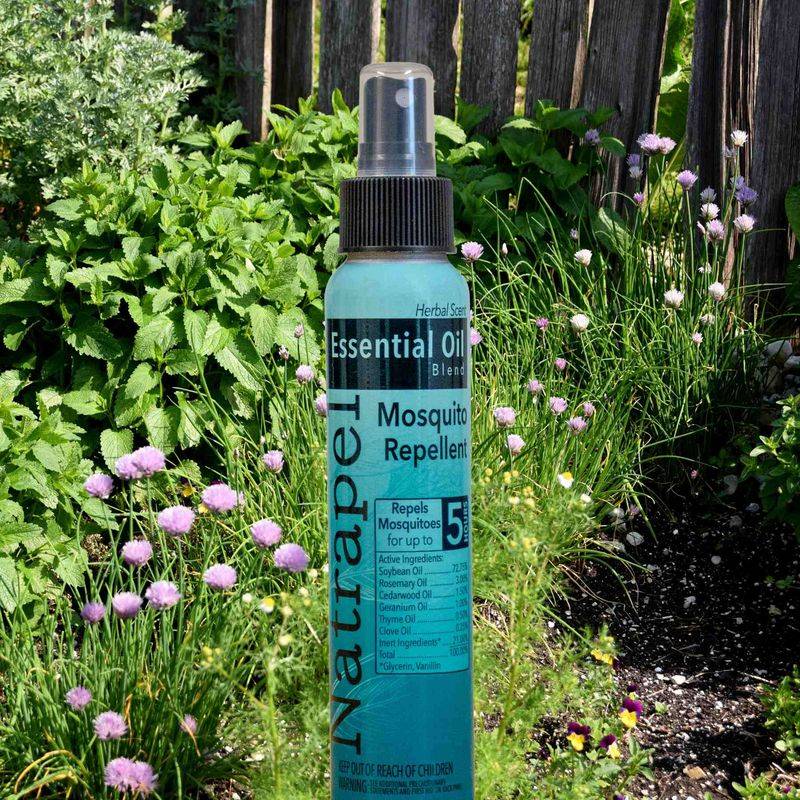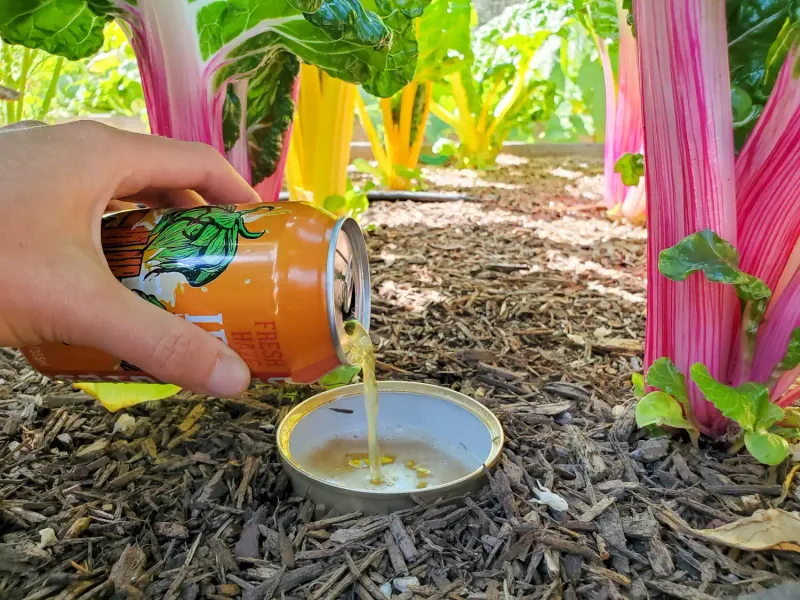Gardening is a delightful way to connect with nature, but pesky pests can pose significant challenges. Fortunately, there are organic solutions that maintain the integrity of your garden without harming the environment.
These twelve solutions offer effective, eco-friendly alternatives to chemical pesticides, ensuring your garden remains healthy and productive. Explore these methods for a thriving, pest-free garden!
1. Neem Oil
Neem oil is a powerful organic pest control solution derived from the seeds of the neem tree. It effectively disrupts the life cycle of pests such as aphids and mites.
Its natural properties make it non-toxic to beneficial insects when applied correctly. Neem oil can be sprayed directly onto affected plants, ensuring thorough coverage.
For optimal results, apply in the early morning or late afternoon to avoid harming plants in intense sunlight. With its versatile application, neem oil is a must-have for organic gardeners seeking to protect their plants naturally.
2. Diatomaceous Earth
Diatomaceous earth is a natural powder made from fossilized aquatic organisms. It works by dehydrating insects like slugs and beetles, offering an effective pest control option.
Sprinkle it around your plants, ensuring a light, even coverage. The powder remains effective as long as it stays dry, so reapply after rain or heavy watering.
Its non-toxic nature makes it safe for pets and humans, providing peace of mind in your gardening endeavors. Diatomaceous earth is a versatile, eco-friendly choice for managing garden pests organically.
3. Companion Planting
Companion planting involves strategically planting different crops in proximity to each other to naturally deter pests. For instance, marigolds release a scent that repels nematodes.
This method enhances plant growth and reduces pest populations without chemical intervention. Integrate herbs like basil, which wards off flies and mosquitoes, alongside tomatoes for improved yields.
Companion planting fosters biodiversity, creating a balanced ecosystem that supports healthy plant life. By choosing the right plant combinations, gardeners can naturally protect their crops and enhance garden vitality.
4. Soap Spray
Soap spray is an easy-to-make pest control solution that suffocates soft-bodied insects like aphids and whiteflies. Mix liquid soap with water and apply directly to infected plants.
This method is particularly effective because it targets pests without leaving harmful residues. Ensure thorough coverage on the undersides of leaves where pests often hide.
While soap spray is generally safe for most plants, always test a small area first to prevent potential damage. It’s a simple, yet effective way to manage pests organically in your garden.
5. Garlic Spray
Garlic spray is a potent natural remedy for repelling garden pests. The strong odor deters insects like caterpillars and aphids, making it an essential tool in organic gardening.
To prepare, blend garlic cloves with water and strain before spraying onto plants. Apply regularly for best results.
Garlic spray not only protects against pests but also adds nutrients to the soil as it breaks down. An effective and economical choice, this solution helps maintain healthy plant growth and deter unwanted visitors naturally.
6. Beneficial Insects
Introducing beneficial insects like ladybugs and predatory beetles can naturally control pest populations in your garden. These insects prey on common pests such as aphids and caterpillars.
Creating a habitat that attracts them can enhance your garden’s ecological balance. Planting flowers like dill and fennel provides shelter and food for these helpful creatures.
Beneficial insects offer a sustainable pest control solution, reducing the need for chemical interventions. By fostering an insect-friendly environment, gardeners can enjoy a thriving, pest-free garden naturally.
7. Trap Crops
Trap crops are a strategic way to protect your main crops by planting certain plants that attract pests away. Mustard and nasturtiums are popular choices for diverting aphids and beetles.
By sacrificing these plants, you can save your valuable vegetables from damage. Plan your layout to include trap crops at the edges or interspersed within your garden.
This technique reduces the need for pesticides and promotes healthier plant growth overall. Employing trap crops is a clever, organic strategy for maintaining a thriving garden ecosystem.
8. Coffee Grounds
Coffee grounds are a biodegradable way to deter pests such as slugs and snails. Sprinkle used grounds around plants to create a barrier that pests find unappealing.
The caffeine in coffee grounds acts as a natural pesticide, while the grounds also enrich the soil with nitrogen. This method is both cost-effective and environmentally friendly.
Regular application helps maintain its effectiveness, especially after rainfall. Utilizing coffee grounds not only repels pests but also contributes to healthier soil and plants, making it a smart, sustainable gardening practice.
9. Floating Row Covers
Floating row covers are lightweight fabrics used to shield plants from insects while allowing sunlight and moisture to penetrate. By covering your plants, you create a physical barrier that prevents pest access.
This method is particularly useful for protecting young seedlings and leafy greens from beetles and caterpillars. Secure the edges to keep pests out.
Floating row covers are reusable and can be used throughout different growing seasons. An excellent organic option, they help maintain plant health and growth while minimizing the need for chemical treatments.
10. Bacillus Thuringiensis (Bt)
Bacillus Thuringiensis, commonly known as Bt, is a naturally occurring soil bacteria used in organic gardening. It targets caterpillars and larvae by disrupting their digestive systems.
Apply Bt directly onto foliage where pests are active, ensuring thorough coverage for best results. It’s safe for humans and beneficial insects, making it a favored choice among organic gardeners.
Regular application is necessary to maintain its effectiveness as pests continue to hatch throughout the season. Bt provides an environmentally friendly solution to managing destructive garden insects.
11. Essential Oil Spray
Essential oil sprays are a fragrant way to deter pests using the natural properties of oils like peppermint and lavender. These oils disrupt the sensory receptors of insects, driving them away.
Mix a few drops with water and spray on plant surfaces for protection against pests like ants and aphids. Essential oils also add a pleasant scent to your garden.
Always test on a small plant area first to ensure compatibility. This method is a delightful and natural way to maintain a pest-free garden environment.
12. Beer Traps
Beer traps are a simple yet effective method for catching slugs and snails. These pests are attracted to the yeast in beer.
Place containers filled with beer at soil level in areas where slug activity is high. The pests will be drawn in and drown.
Regularly empty and refill the traps to maintain efficacy. This approach is both economical and non-toxic, making it ideal for organic gardeners.
Beer traps provide a straightforward solution to slug problems, helping to keep gardens free of these destructive pests.
